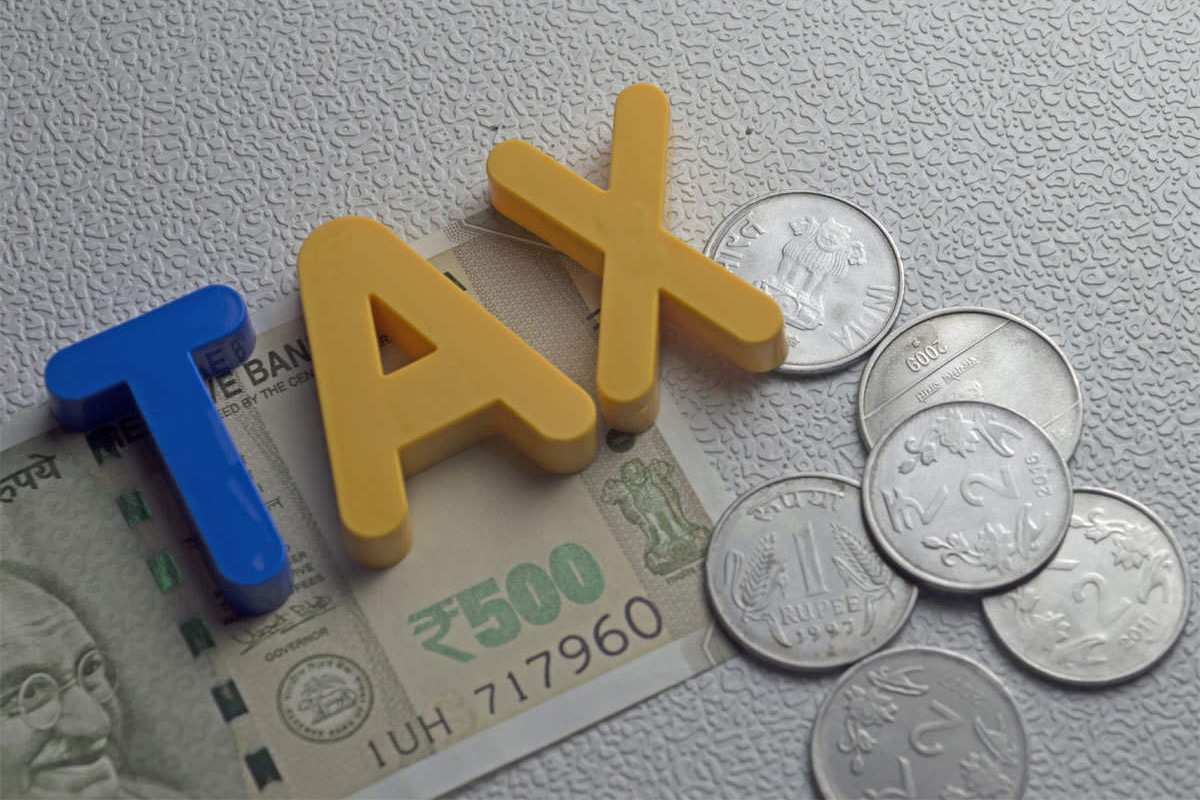This year’s Union Budget has once again highlighted the growing disparity between the contributions of individual income taxpayers and corporates to the government’s coffers. This imbalance, a result of the corporate tax cuts introduced five years ago, has led to a situation where individuals are shouldering a disproportionate share of the tax burden. In 2019, the government slashed corporate tax rates from 30 per cent to 22 per cent, a move aimed at stimulating private investment and job creation.
This tax cut, however, came at a significant cost: an annual revenue loss of Rs 1.45 lakh crore. Over five years, the total revenue foregone amounts to a staggering Rs 8.7 lakh crore. The rationale behind this decision was clear ~ to boost economic activity and employment. However, the anticipated benefits have not materialised. Instead, the corporate sector appears to have absorbed these savings, either retaining them or distributing them as dividends, contributing to a stock market surge that contrasts sharply with the economic realities faced by the broader population. The current budget reveals a troubling trend: the share of government revenue from individual income tax stands at 19 per cent, while corporate tax contributes just 17 per cent.
Advertisement
This shift indicates that the tax burden on individuals has increased significantly, with income taxes going up from Rs 2.5 lakh crore in 2014-15 to Rs 11.8 lakh crore in the current budget estimates. In contrast, corporate taxes have grown at a much slower pace, from Rs 4.28 lakh crore to Rs 10.2 lakh crore over the same period. The data also underscores a growing income inequality in India. According to the World Inequality Lab, income and wealth concentration among the top 1 per cent in India has reached historic highs, with the top 1 per cent holding 22.6 per cent of income and 40.1 per cent of wealth as of 2022-23. This is a stark reminder that the benefits of economic policies over the past decade have been disproportionately skewed towards the wealthy, exacerbating the income divide. The country is grappling with the implications of K-shaped growth, where the wealthy experience substantial gains while the majority of the population struggle with stagnant or declining incomes.
The budget’s figures reveal that corporate tax as a percentage of GDP has decreased from 3.4 per cent to 3.1 per cent over the past decade, while income tax contributions have increased from 2.1 per cent to 3.5 per cent. This trend indicates a deliberate shift in the tax burden towards individuals, further straining the middle class and working population. The budget fails to address this skewed tax burden. It does not rectify the disproportionate contributions of individual taxpayers compared to corporates, nor does it tackle the underlying issues of income inequality. The government must reconsider its fiscal policies and strive for a more equitable tax structure that ensures fair contributions from both individuals and corporations









